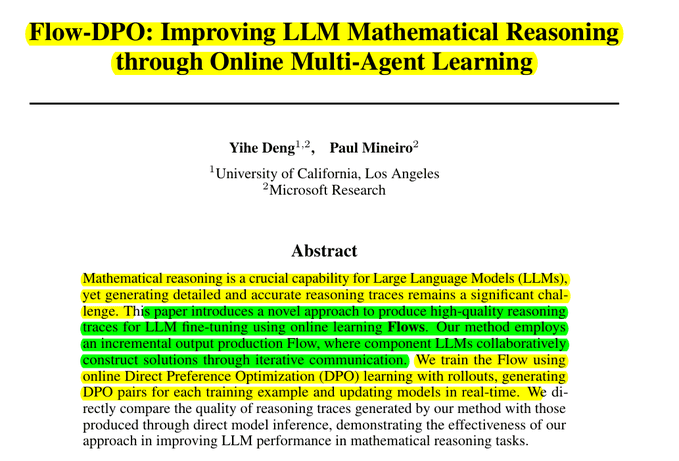Exploring LLM-as-a-Judge Systems
The recent survey on LLM-as-a-Judge presents a comprehensive examination of how to build reliable LLM-as-Judge systems. This survey explores strategies for improving consistency, mitigating biases, and adapting to diverse assessment scenarios. With the rapid advancements in AI and machine learning, the integration of large language models (LLMs) into the judicial system is becoming increasingly feasible and necessary.
Improving Consistency in LLM-as-Judge Systems
One of the primary challenges in developing LLM-as-Judge systems is ensuring consistency in their judgments. The survey highlights various methods to enhance consistency, including rigorous training on diverse datasets and implementing feedback loops to continually refine the model’s decision-making processes. The goal is to create an AI system that can deliver fair and consistent judgments across different cases and scenarios.
Mitigating Biases in AI Judgments
Bias in AI systems is a significant concern, especially in the legal field where impartiality is paramount. The survey discusses several techniques to mitigate biases in LLM-as-Judge systems. These include using balanced training data, implementing bias detection algorithms, and incorporating human oversight to review and correct biased outputs. By addressing these biases, the legal system can ensure that AI judgments are fair and just.
Adapting to Diverse Assessment Scenarios
Another critical aspect of LLM-as-Judge systems is their ability to adapt to various assessment scenarios. The survey outlines strategies for training AI models to handle different types of legal cases, from civil disputes to criminal proceedings. This adaptability is crucial for the widespread adoption of AI in the judicial system, as it ensures that the AI can effectively handle the complexities of different legal contexts.
Opportunities for Legal Professionals
Supreme Court judge Sanjiv Khanna recently emphasized the importance of interdisciplinary study and integrity in the legal profession. He highlighted the opportunities for lawyers in areas like AI, data analysis, and proportionality during the Maharashtra National Law University Aurangabad convocation. Lawyers must study AI and data analysis to tap into the huge opportunities awaiting them in the legal field. This integration of AI in law is potentially significant for the legal education sector and the integration of AI in law. More details can be found in the Economic Times article.
Case Study: Lexlegis.ai
Lexlegis.ai, an advanced LLM, is taking the lead in accelerating legal research in India. This platform provides direct, meaningful answers by synthesizing information from millions of documents using AI algorithms. Lexlegis.ai’s unique selling proposition is its ability to provide quality, shepherdised content, making legal research more efficient and accurate. For more information, visit the Analytics India Magazine article.
Challenges and Legal Disputes
The integration of AI in education has also led to legal disputes. A law student recently filed a lawsuit against OP Jindal Global University after receiving a failing grade for an AI-generated answer. The university alleges that the student’s use of AI to respond to exam questions resulted in the failing grade. This case highlights the impact of AI on academic integrity and the potential legal challenges that may arise. More details can be found in the Economic Times article.
Related Articles
- Exploring the LLM Engineer’s Handbook: A Comprehensive Guide for AI Researchers
- Navigating the Complexities of LLM Development: From Demos to Production
- ICLR 2025: Analyzing the Latest Batch of LLM Papers
- Human Creativity in the Age of LLMs
- 5 Ways to Implement AI into Your Business Now
Looking for Travel Inspiration?
Explore Textify’s AI membership
Need a Chart? Explore the world’s largest Charts database
